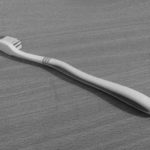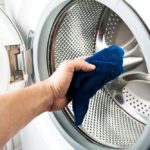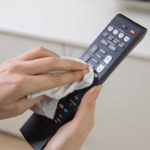Washing machines, computer keyboards, and sanitary pads are the trio of everyday items that can pose a surprising health risk to many, especially women. Read on to uncover the hidden dangers and learn how to protect yourself from these unexpected sources of bacteria and potential illness.
1. Washing Machine
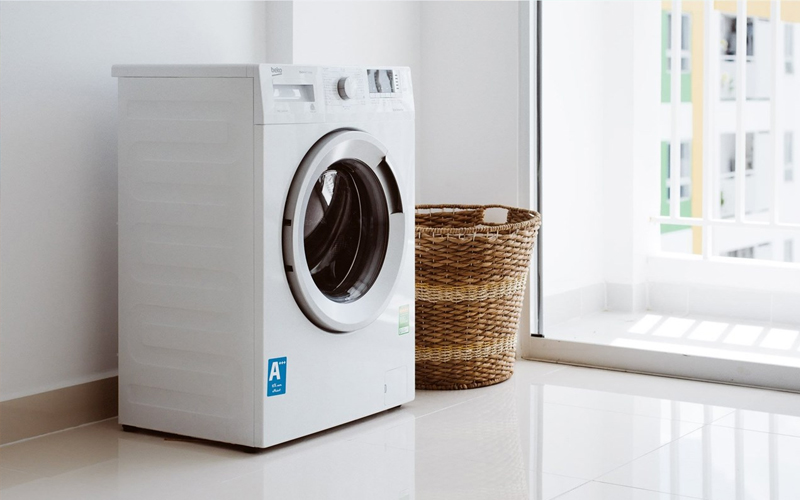
Washing machines have undoubtedly made our lives easier, saving us time and effort. However, they can also become a breeding ground for bacteria and a source of dirt, which can then transfer to your clothes.
Hilary Metcalf, a community health master’s graduate from Mission Hospital in California, warns that washing machines, especially those kept in damp environments like garages or basements, can be a haven for bacteria.
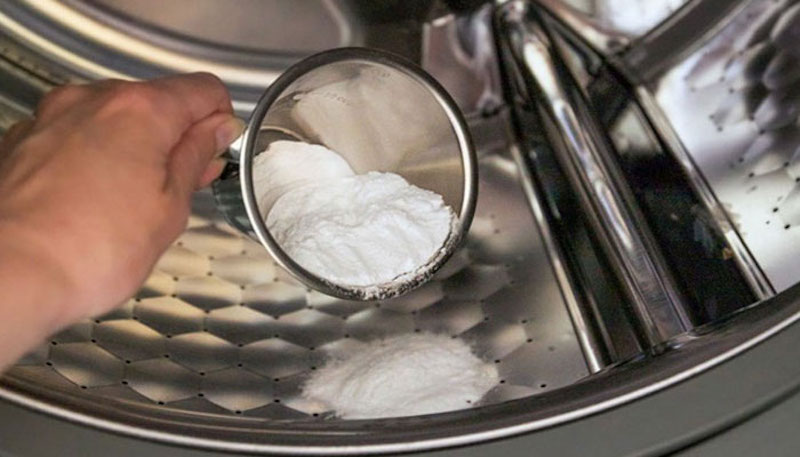
Bacteria such as E. coli, salmonella, and klebsiella oxytoca can cause a range of issues, from pneumonia and skin infections to vomiting and diarrhea, especially in those with weakened immune systems.
To mitigate these risks, it is recommended to regularly clean the rubber gaskets with a mild detergent and thoroughly clean the entire machine every three months. Additionally, ensure that your freshly washed clothes are dried in the sun.
For further reading:
2. Computer Keyboard

A study by the University of Arizona found that computer keyboards can harbor a staggering amount of bacteria—up to 400 times more than a toilet seat!
Research from Northwestern Memorial Hospital in Chicago further reveals that bacteria can survive on keyboards for up to 24 hours, with some types lingering for at least an hour.
Alarmingly, many people do not wash their hands after using the computer, and women may inadvertently transfer bacteria to their intimate areas when wiping. To protect yourself, develop the habit of regularly washing your hands before and after using the toilet, and keep your keyboard clean.
For further reading:
3. Sanitary Pads
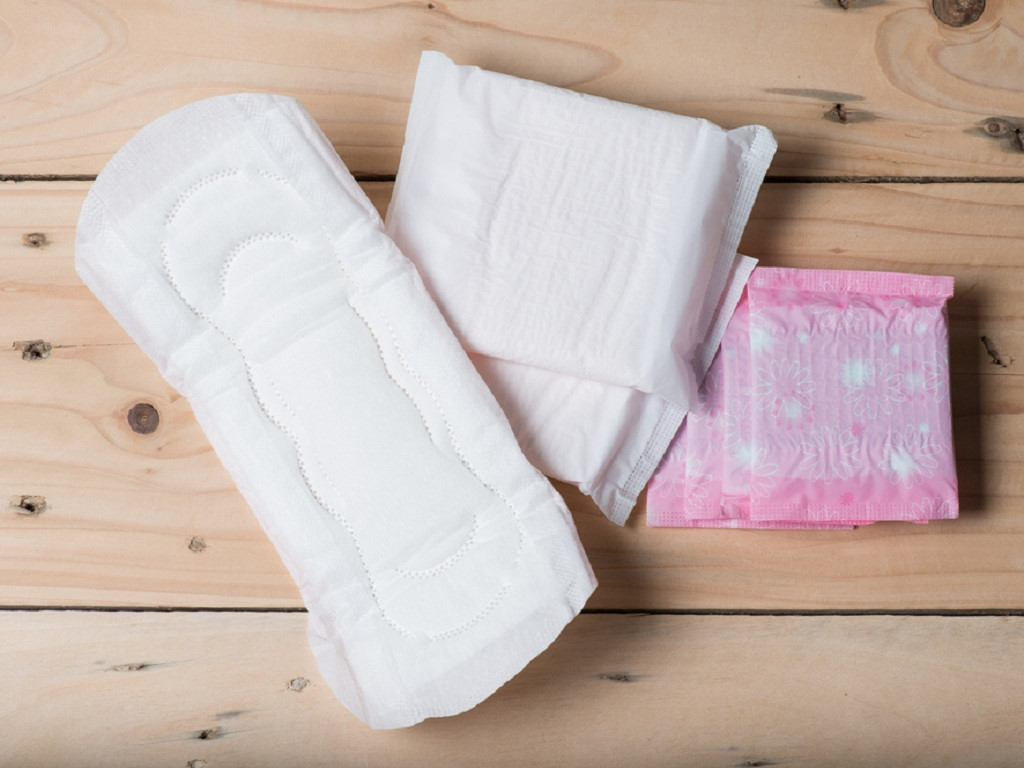
While sanitary pads are a necessity for women, they can also be a potential health hazard if not used properly. The warm and moist environment created by pads can foster bacterial growth, which can then enter the body.
Doctors from Vinmec International Hospital emphasize that menstrual blood can become infected with bacteria, and leaving a pad on for too long can introduce these bacteria back into the body.
To minimize this risk, change your sanitary pad every six hours and always wash your hands before and after changing.
For further reading:
By being aware of these three unexpected sources of bacteria and taking the necessary precautions, you can help keep yourself healthy and safe from potential illnesses.
8 Common Mistakes People Make with Cutting Boards
Are you using your cutting board correctly? Many Vietnamese households rely on cutting boards in their kitchen, but not everyone knows how to use them properly, especially when it comes to wooden cutting boards. Check out these 8 mistakes to avoid when using a cutting board to ensure both hygiene and safety for everyone in your family.
























